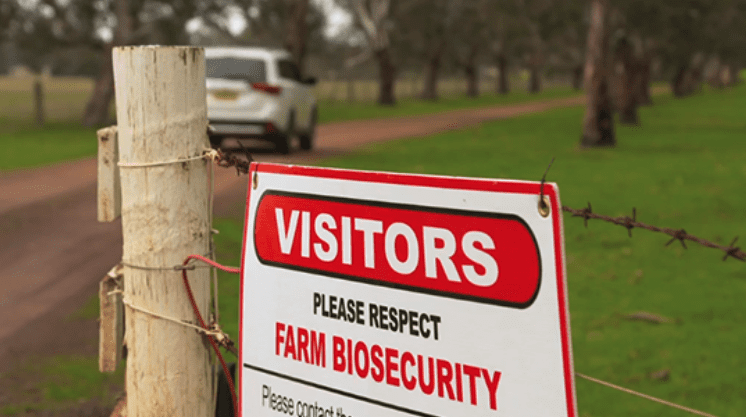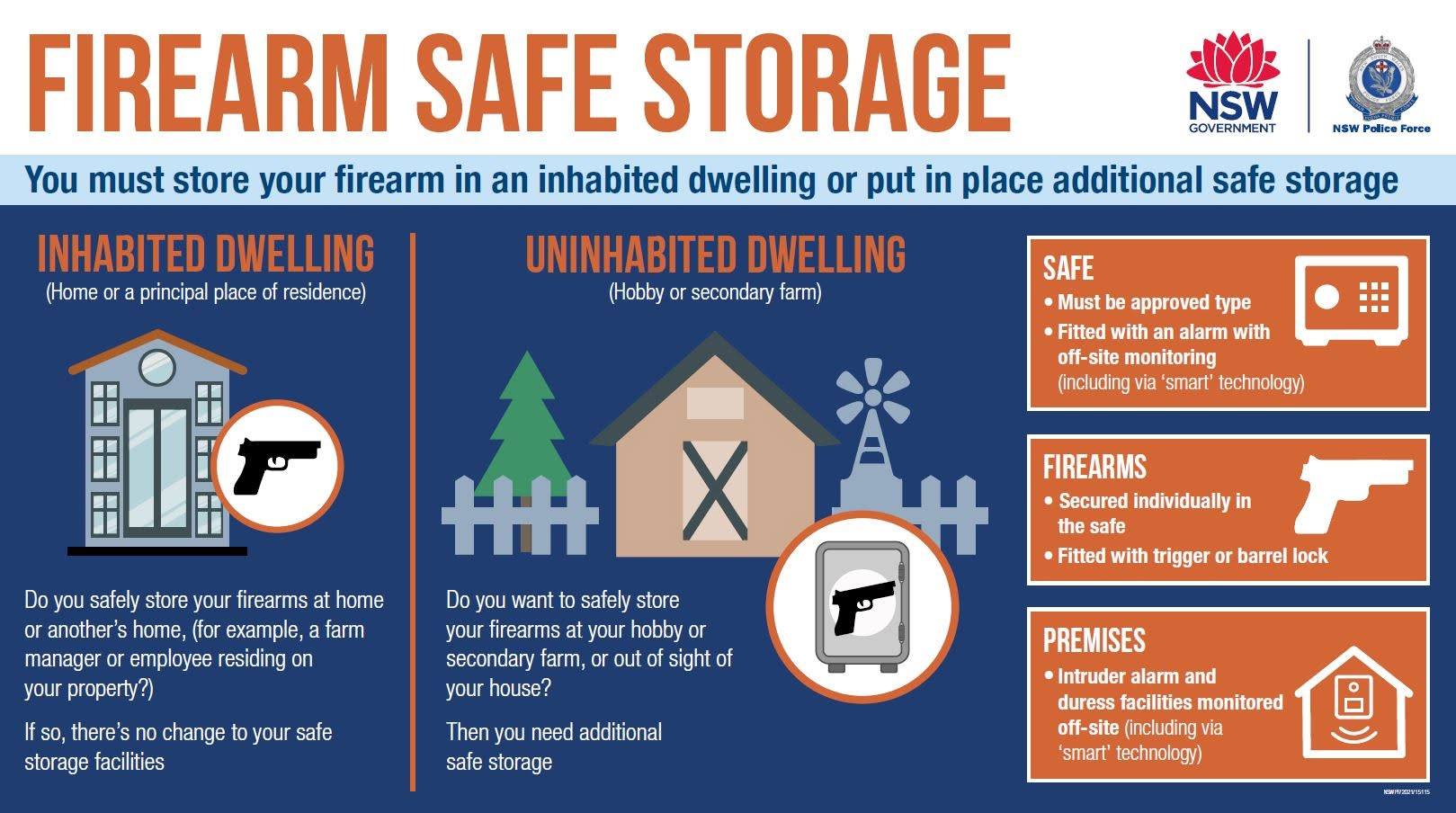Central Darling Shire June meeting round up
Kimberly Grabham
09 July 2025, 5:00 AM

The big ticket item was setting rates and charges for the 2025-26 year, and let's be honest – nobody loves talking about rates.
Ordinary rates got sorted for farmland, residential, and business properties, each with their own ad valorem amounts plus a base charge of $130.
Fair enough – everyone pays their share.
If you're in Wilcannia, Ivanhoe, or Menindee, you're looking at $721 per property for weekly bin collection – and that includes free access to the local waste facilities.
The smaller communities got their own arrangements: Sunset Strip residents pay $92 per property, White Cliffs folk $77, reflecting the different levels of service in each spot.
Even vacant land cops a $344 availability charge – the council's way of planning ahead for future waste management needs.
Water services got the same treatment, with connection fees, availability charges, and usage rates sorted for Wilcannia, Ivanhoe, and White Cliffs. They set the maximum interest rate on overdue charges at 10.5 per cent per annum – not unreasonable in the current climate.
The council didn't just focus on the immediate future.
They adopted their Long Term Financial Plan for 2026-2035 and the Workforce Management Plan for 2023-2027.
Beyond the dollars and cents, some significant community decisions emerged. The Tilpa water supply situation got attention – the council resolved to keep current operations running while seeking government funding to bring the system up to compliance. It's a familiar story in remote areas where infrastructure needs often outstrip local resources.
Perhaps the most significant move was the transfer of seventeen allotments in the Mallee Estate to the Wilcannia Local Aboriginal Land Council.
The council also stepped up on child safety, adopting both a Child Safe Policy and a Child Safe Complaints Management Policy.
They rounded out the forward-looking decisions with a Workforce Diversity Equity and Inclusion Plan for 2025-2028.
The confidential session revealed something that perfectly captures the challenges of governing in remote Australia.
The council authorised Morris Piper to provide specialty grant services – but here's the kicker: they had to bypass their usual procurement policy to do it. Why? Because of "the remoteness of the locality and the unavailability of competitive or reliable tenderers."
The council also wrote off $16,418.60 in sundry debtor amounts – a decision made behind closed doors due to the personal hardship of residents and ratepayers involved.
NEWS
SPORT
RURAL
COMMUNITY
EVENTS















